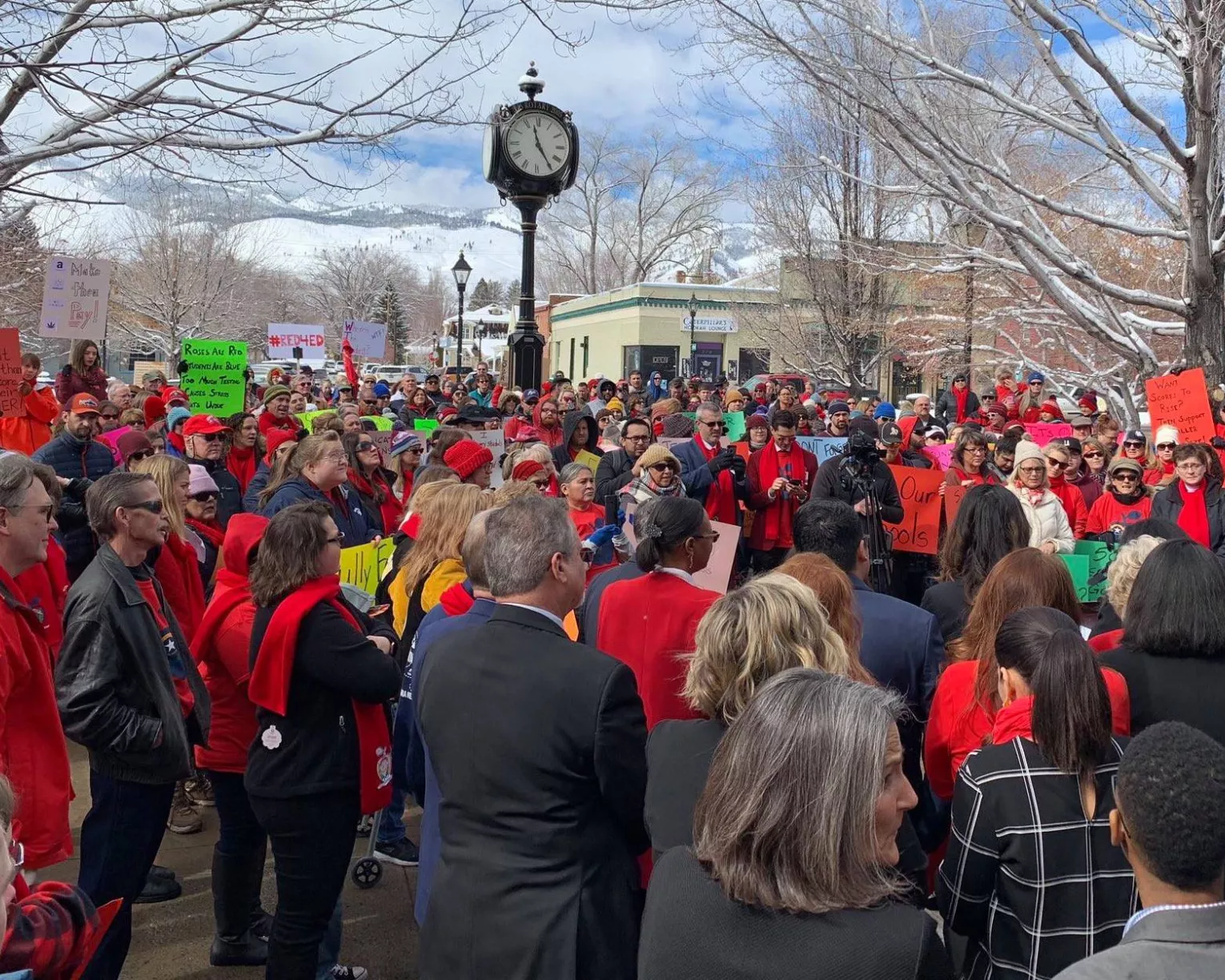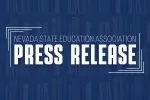Charter schools were initially promoted by educators who sought to innovate within the local public school system to better meet the needs of their students. Over the last 22 years, charter schools have grown dramatically to include large numbers of charters that are privately managed, largely unaccountable, and not transparent as to their operations or performance. The explosive growth of charters has been driven, in part, by deliberate and well-funded efforts to ensure that charters are exempt from the basic safeguards and standards that apply to public schools. We have seen this in the lobbying efforts of National Coalition for Public School Options, which has been reported to have connections with K12 Inc., the largest online charter operator in the country. These lobbying efforts are not limited to online charters.
Too frequently charters are operated expressly for profit or are nominally non-profit but managed or operated by for-profit entities. These charters have devolved far from the original concept of charters as small incubators of innovation.
Most importantly, the growth of charters has undermined local public schools and communities, without producing any overall increase in student learning and growth. It is important to note, that most recent studies have shown that public schools outperform charter schools on average, and public schools educate every student, including English learners, students in poverty, and students with individualized education plans. While they are prohibited from discriminating, charter schools serve far fewer students with disabilities.
Charter schools rarely are held to the same standards as traditional public schools. Adding insult to injury, we now have learned the controls we thought governed Nevada’s state public charter schools have not been followed. The State Public Charter School Authority has not followed the Charter Performance Framework and has not conducted site visits, a basic of component of delivering oversight and accountability, despite the legislature’s authorization of 4 positions and repeated inquiries as to the status of the visits. District regulated charters also fall short in terms of regulations and accountability.
When asked why the State Public Charter School Authority was approving new charter school applications when they weren’t able to properly regulate those schools, the response was there was no legal authority for them to deny applications. It’s time for the legislature to assert strong fiscal and legal controls of Nevada charter schools, including joining 21 other states in capping charter school expansion. Meanwhile, the legislature needs to continue its work to improve traditional public schools, providing the resources necessary so that every Nevada student can get a quality education from their neighborhood public school.
Learn More
Do More
What's On Your Mind?



